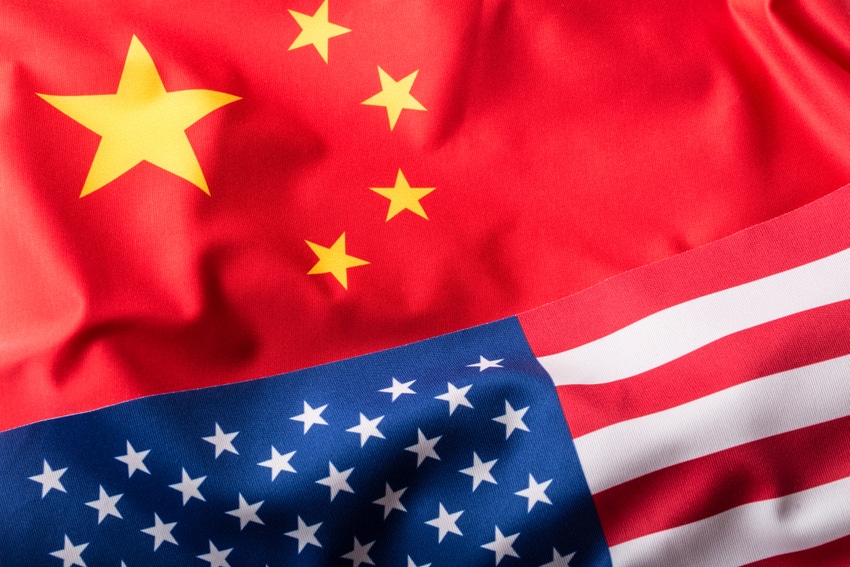Few details available for deal that could include purchases of up to $50 billion in U.S. agricultural products.

President Donald Trump said in a tweet he will be signing the “very large and comprehensive phase one trade deal with China" at a ceremony Jan. 15 that will take place at the White House with high-level representatives from China present. The signing will occur nearly a month after the deal was reached to hold off ratcheting up tariffs with China that originally were scheduled to start Dec. 15.
I will be signing our very large and comprehensive Phase One Trade Deal with China on January 15. The ceremony will take place at the White House. High level representatives of China will be present. At a later date I will be going to Beijing where talks will begin on Phase Two!
— Donald J. Trump (@realDonaldTrump) December 31, 2019
Since the trade war began, China went from the second-largest market for U.S. agricultural products to the fifth largest. “Reopening the door to trade with China and others is key to helping farmers and ranchers get back on their feet,†American Farm Bureau Federation (AFBF) president Zippy Duvall said following the deal announced Dec. 13.
AFBF economist Veronica Nigh is hopeful that the phase one deal leads to a more expansive agreement between U.S. and China. Trump’s tweet added that he will be going to Beijing, China, at a later date, where talks will begin on phase two.
Nigh said China has reportedly agreed to increase its purchases of U.S. agricultural products over a two-year period, averaging $40-50 billion annually. In comparison, China purchased $24 billion in 2017, before the trade war started. U.S. officials stated that the deal will include additional purchases of U.S. farm products of at least $32 billion over two years.
“Given that’s such a large expansion over where we were previously, the list of products and the variety of trade between China and the U.S. would have to expand pretty significantly. When you look at the total of what China is buying from the rest of the world, there’s probably room there,†Nigh said.
Shanghai, China-based consultancy JCI estimates that China can buy a total of roughly $41.3 billion worth of U.S. farm products annually, including around $18.7 billion -- or 45 million metric tons -- of soybeans. JCI expects another $2.1 billion to come from 1 mmt of frozen pork and offal imports, while sorghum, corn and distillers grains imports will reach about $1.8 billion each.
Although reports indicate that fully one-third of the 86-page agreement discusses agriculture, few details are available to the public. “After the official signing of the deal, the content of the agreement will be made public,†China's Ministry of Commerce spokesman Gao Feng said.
Senate Finance Committee chairman Chuck Grassley (R., Iowa) said the deal's “texts are still being translated, and we've got to know that they say what was agreed to before we talk."
The deal will go into effect 30 days after the signing.
About the Author(s)
You May Also Like




.png?width=300&auto=webp&quality=80&disable=upscale)
